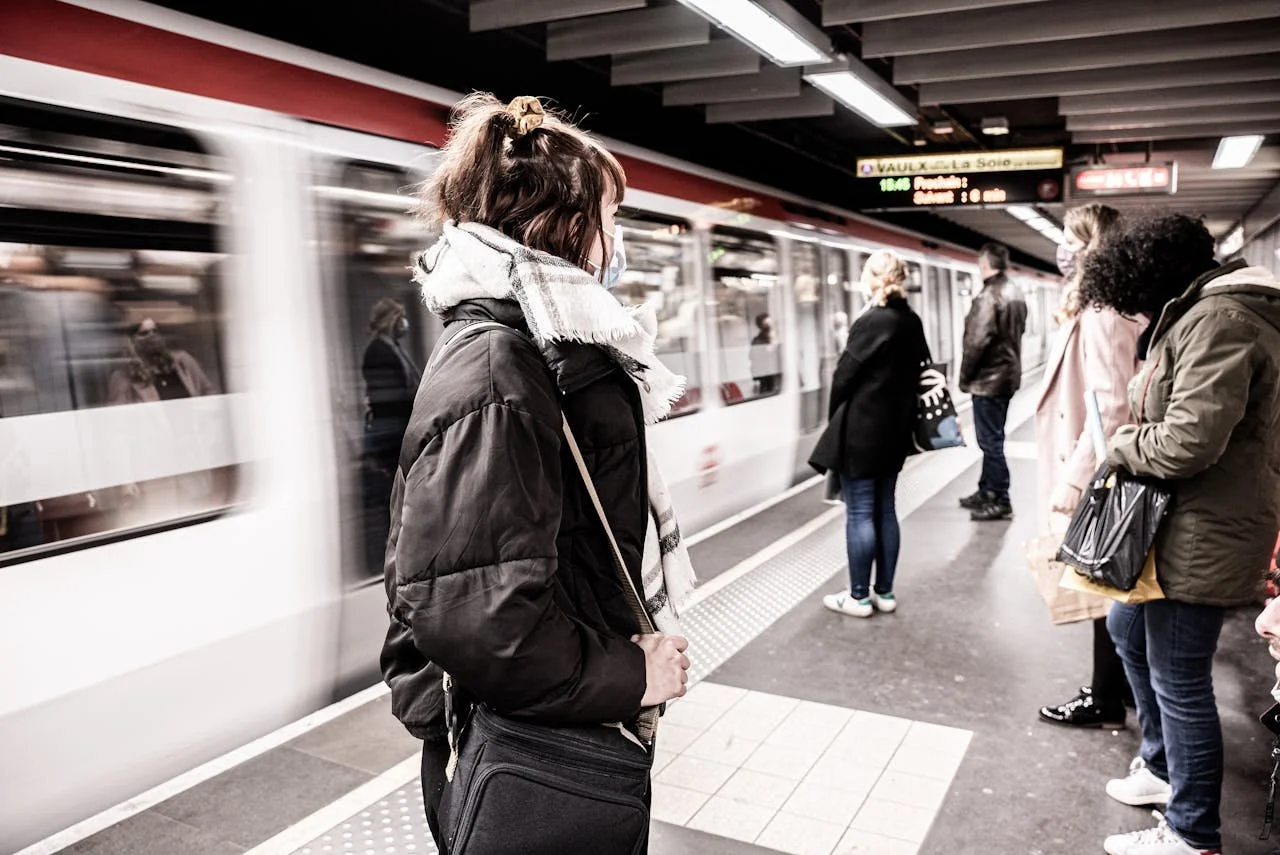Fear of Failure in Social Settings: Understanding Its Role in Social Anxiety
Spend an hour scrolling social media, and you’ll likely end up with a pretty confused perception of social anxiety. Is it shyness? Does being an introvert have anything to do with it? Can people be socially anxious only part of the time? The questions are endless but important.
Generally speaking, if you’re shy or consider yourself an introvert, these are normal personality traits. Everyone is different, and if a quirk doesn’t cause dysfunction, it’s not something to be concerned about. Social anxiety, however, is a diagnosable mental health disorder. It results in daily challenges, requires professional support, and is very often associated with a fear of failure. Let’s explore these realities.
Understanding Social Anxiety and Fear of Failure
Once again, social anxiety isn’t about moments of shyness or a count of how many friends you have. It’s one of several different types of anxiety disorders and is characterized by irrational fears and the behaviors they induce. Social anxiety disorder can be diagnosed and treated by a skilled practitioner.
Fear of failure is not a diagnosis. You might call it a syndrome, but make no mistake: its signs often intersect with social anxiety. As the name implies, someone with a fear of failure will go to great lengths to avoid looking foolish or feeling humiliated. Since it can lead to chronic social isolation, fear of failure can be a factor in the eventual development of social anxiety.
Both issues share symptoms and causes. For example, childhood trauma (e.g., bullying) may be a root cause for either or both problems. Red flags include unrealistic standards, black-and-white thinking, worst-case scenarios, and people-pleasing behaviors.
The Role of Fear of Failure in Social Settings in Social Anxiety
When fear of failure is playing an active role in the presence of social anxiety, you may display behaviors and thought patterns like this:
Procrastination and/or Withdrawal
Simply put, you can talk yourself into any option that offers an illusion of safety. For example, if your primary fears relate to being judged, watched, or embarrassed, it may feel logical to never place yourself in such a situation. If you put off potentially humiliating experiences, you temporarily evade judgment. Before long, procrastination can morph into isolation.
Living as a “Control Freak”
Life is unpredictable. Therefore, it might seem attractive to control as much of it as you can. How else will you eliminate opportunities to look and feel bad? In the name of relieving stress, you can set elaborate rules in your life that limit your availability and may also try to control the behavior of others.
Loneliness
As you can imagine by now, people with a blend of social anxiety and fear of failure spend a lot of time alone. Their coping mechanisms can be daunting for everyone in their life. Yes, this creates a facade of less risk, but it’s also unhealthy and can make you worry that others judge you for being a loner. Eventually, you may come to the conclusion that there are more productive ways to stretch your comfort zone and enrich your life.
Getting the Help You Need and Deserve
The hardest part might involve you asking for support. After all, it could feel embarrassing to admit you need help. Fortunately, anxiety therapy is confidential and can even be done via video chat. Hence, you must allow yourself to at least try a free consultation. With complete privacy, you’ll finally have a space in which you can open up about what you’re feeling. With patience and diligence, social anxiety and fear of failure can be addressed, managed, and resolved. Let’s connect and talk about the possibilities.
Address
The Counseling Hub, LLC
2804 Forum Blvd., Ste 4
Columbia, MO 65203
Contact Information
p | (573)586-3204
f | (573) 313-3528
e | contact@thecounselinghub.com
Hours
Admin/Ops Team | Monday - Friday: 10a - 3p
*Clinical hours are by appointment only, Sunday - Friday
We have both clinical hours, or the times when our clinical team sees clients, and admin hours, or the times when our admin team is available via call or email.

